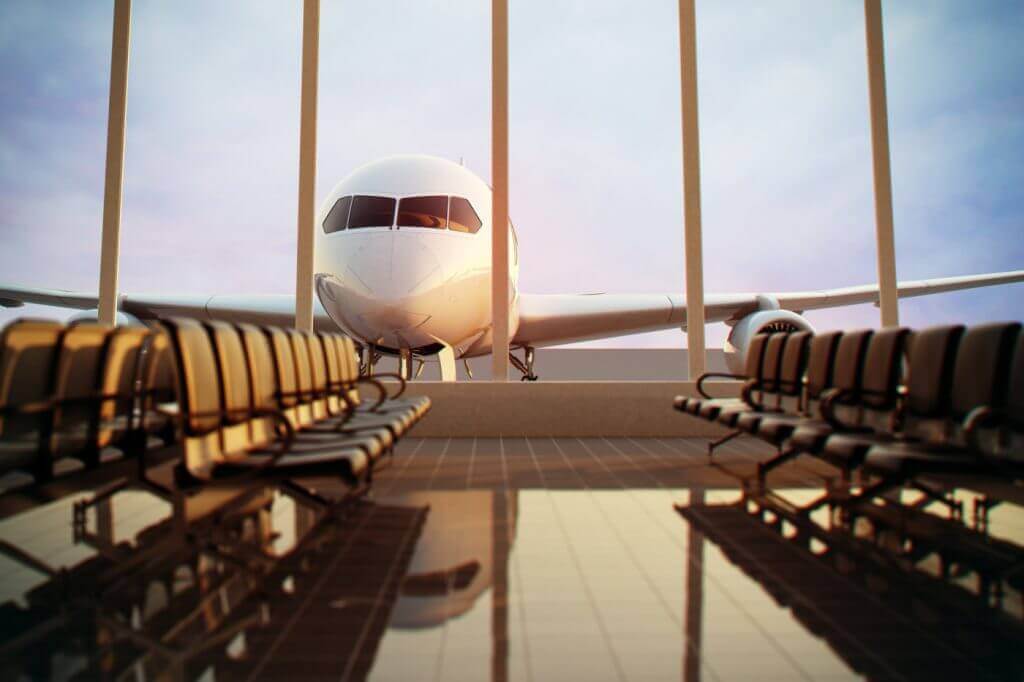
As airlines charge extra for baggage while adding more fee-based amenities like premium seating and in-flight wi-fi, it’s getting more difficult for travelers to compare the cost of a flight on different carriers.
A push for federal regulations aimed at making comparison shopping easier for travelers could require airlines to share data on fares and fees with online travel agencies like Expedia, Orbitz and Travelocity.
But airlines are resisting, saying they have the right to decide what companies they partner with for sales. While online travel agencies can help airlines push more tickets, the carriers also see them as middlemen that profit from the product sold by airlines — and drive fares down by intensifying direct price competition.
“What’s happening is, they’re blocking competition by blocking comparison,” said Kurt Ebenhoch, executive director of Air Travel Fairness, an advocacy group representing travel search companies.
While many travelers want to find the lowest fare, carriers like Delta Air Lines don’t want to be compared to other carriers based solely on price. That, they fear, would result in a race to the bottom in fares.
Instead, Delta and other major carriers want to attract customers willing to pay more for more creature comforts, like extra leg room on Delta, free checked baggage on Southwest, Sky Clubs, inflight wi-fi, power outlets and food or beverage options.
The U.S. Department of Transportation in 2016 under the Obama Administration started a process to collect public comments on the issue and whether consumers are harmed when airlines restrict where their flights and prices are listed. The request for information attracted more than 58,400 comments, but the process was suspended by the Trump Administration in March 2017.
Ebenhoch hopes for movement with legislation introduced by the Republican senator from Maine Susan Collins to lift the suspension of the DOT process. But he acknowledged that airlines “are exerting a great deal of pressure” to kill the measure.




